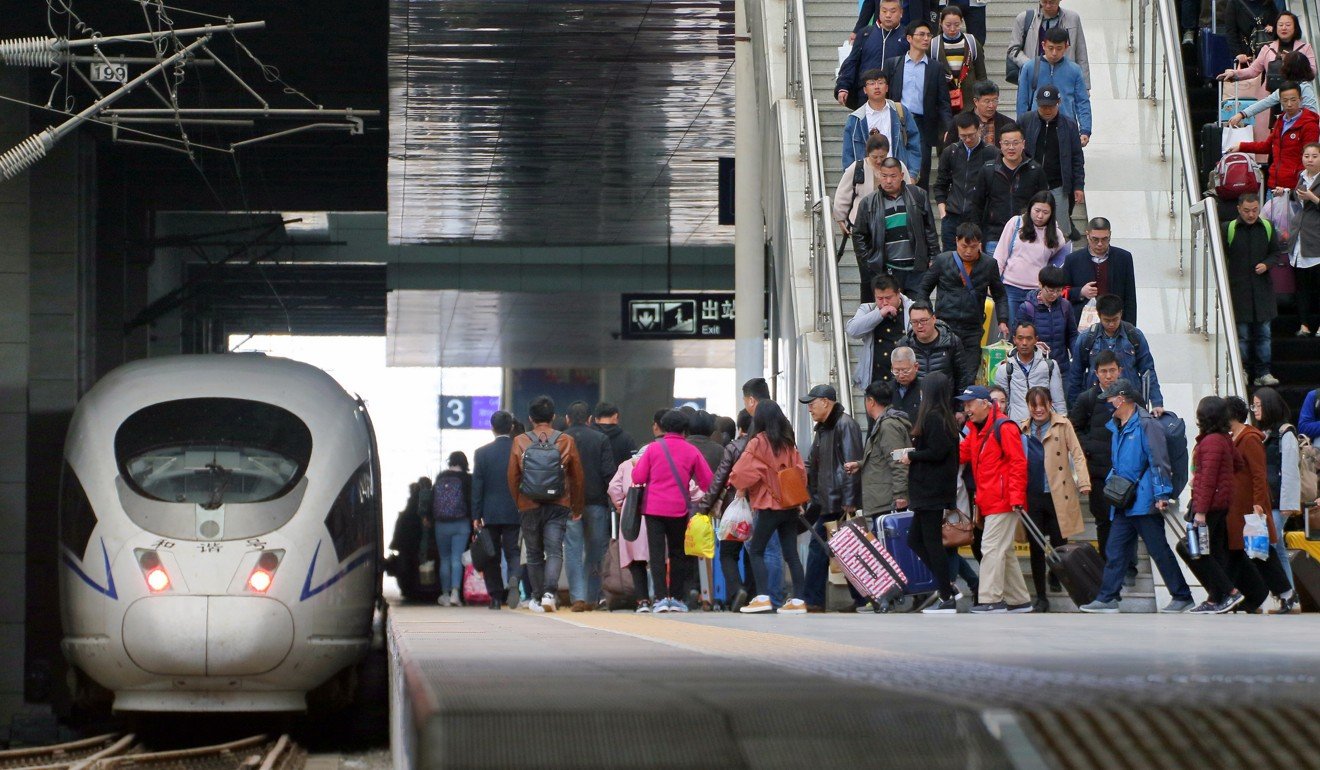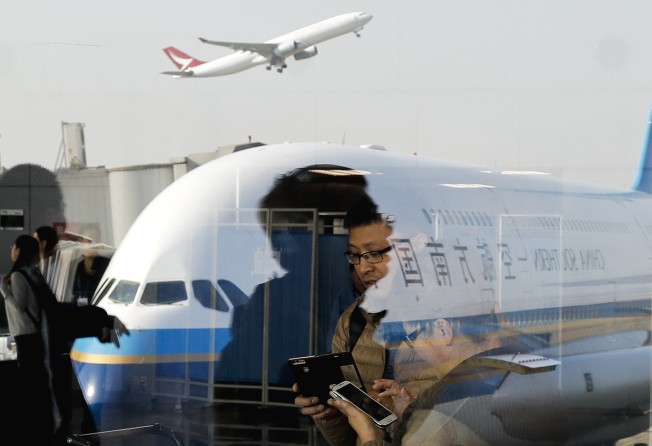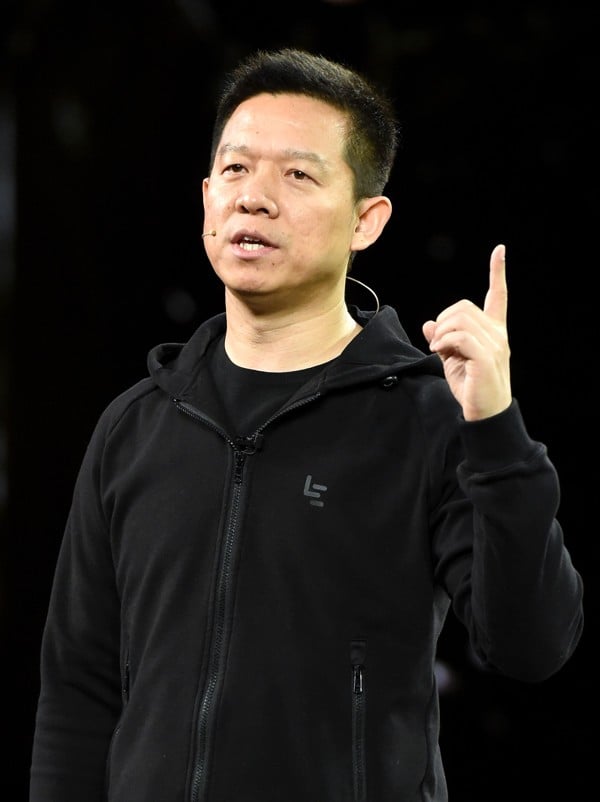
China names 169 people banned from taking flights or trains under social credit system
Misdeeds of ‘severely discredited’ Chinese include trying to take a lighter through airport security, provocation on a plane and not paying fines

China publicly named 169 “severely discredited” people who were banned from taking flights or trains for a year for misdemeanours such as failing to pay debts on time or behaving badly on flights.
They were listed on the Credit China website that is backed by the National Development and Reform Commission (NDRC) and keeps a nationwide database for the so-called social credit system.
The controversial scheme announced in 2014 generates ratings for citizens, businesses and authorities and affects everything from loan approvals to permission to board flights.

The 169 people named on the website have been banned from buying train and plane tickets for a year for misdeeds including provocation on a flight, trying to take a lighter through airport security, smoking on a high-speed train, tax evasion and not paying fines.
Beijing has previously said it blocked millions of people from taking more than 11 million flights and some 4 million train trips in early trials of the system.
The list released on Friday marks the first time the government has published a nationwide list of names, drawn from various central departments. It plans to update the list every month and has asked for public feedback on the move to be submitted within seven days.
One name on the list is Jia Yueting, founder of Shenzhen-listed tech firm LeEco, who was put on a credit blacklist in December and is living in the United States in defiance of an order to return to China to deal with his company’s financial problems.

Others include Feng Wenjie, former controlling shareholder of Steyr Motors, which is also listed in Shenzhen, and Wang Hui, the largest stakeholder in Huaze Cobalt and Nickel Material.
China’s social credit system has raised privacy concerns and fears about how the country’s technology giants are handling personal information. It is still at the pilot stage, run by city authorities drawing on information from government agencies and other sources such as mobile payment companies that hold personal data, or court verdicts. After introducing expanded rules in May, Beijing is now trying to create a central, nationwide system that is expected to be in place by 2020.
In the past, debt defaulters might have come to the government’s attention through the courts and been stopped from taking flights, for example. Now this information comes from numerous sources including government agencies under the civil aviation authority, the national railway operator, tax department and the securities regulator.
Top economic planner the NDRC has said it will publish more blacklists, including for people who have failed to follow court orders to repay debts, tax evaders and those who flout work safety rules.
Some 10.5 million people had been named and shamed by the courts by the end of April, and that had prompted a quarter of them to fulfil their obligations, NDRC spokeswoman Meng Wei said.
The Credit China website said its monthly updates of “severely discredited” people would be based on the masses of data on individual, corporate and administrative punishment that it aggregates. It also said it would give individuals access to their credit rating.